
Inhambane: A Coastal Gem Steeped in History and Natural Beauty
Inhambane, located in Mozambique, is a captivating destination that offers a unique blend of history, culture, and natural beauty. Known for its picturesque beaches, colonial architecture, and rich cultural heritage, this city promises an unforgettable experience for every traveler. Wander through the charming streets of Inhambane and marvel at the well-preserved colonial buildings that tell tales of the city's storied past. Visit the vibrant local markets where you can find fresh produce, handmade crafts, and experience the warm hospitality of the local people. The city's history is deeply intertwined with the sea, and you'll find plenty of opportunities to learn about its maritime legacy at the local museums and historical sites. Inhambane is also a paradise for nature lovers and adventure seekers. The nearby beaches of Tofo and Barra offer pristine sands and crystal-clear waters, perfect for swimming, snorkeling, and diving. The region is renowned for its marine life, including the majestic whale sharks and manta rays that frequent its waters. For those who prefer land-based activities, the surrounding areas are ideal for exploring lush landscapes and spotting diverse wildlife. Whether you're interested in soaking up the sun on a tranquil beach, delving into the local culture, or embarking on an adventure, Inhambane has something to offer. Its laid-back atmosphere, combined with the hospitality of its people, makes it a must-visit destination in Mozambique.
Local tips in Inhambane
- Visit the local markets early in the morning to get the freshest produce and best handmade crafts.
- Don't miss a trip to Tofo Beach, especially if you're interested in snorkeling or diving with whale sharks.
- Explore the colonial architecture by taking a leisurely walk through the city center.
- Hire a local guide to learn more about the city's history and cultural heritage.
- Try the local seafood dishes, which are a highlight of the local cuisine.
Inhambane: A Coastal Gem Steeped in History and Natural Beauty
Inhambane, located in Mozambique, is a captivating destination that offers a unique blend of history, culture, and natural beauty. Known for its picturesque beaches, colonial architecture, and rich cultural heritage, this city promises an unforgettable experience for every traveler. Wander through the charming streets of Inhambane and marvel at the well-preserved colonial buildings that tell tales of the city's storied past. Visit the vibrant local markets where you can find fresh produce, handmade crafts, and experience the warm hospitality of the local people. The city's history is deeply intertwined with the sea, and you'll find plenty of opportunities to learn about its maritime legacy at the local museums and historical sites. Inhambane is also a paradise for nature lovers and adventure seekers. The nearby beaches of Tofo and Barra offer pristine sands and crystal-clear waters, perfect for swimming, snorkeling, and diving. The region is renowned for its marine life, including the majestic whale sharks and manta rays that frequent its waters. For those who prefer land-based activities, the surrounding areas are ideal for exploring lush landscapes and spotting diverse wildlife. Whether you're interested in soaking up the sun on a tranquil beach, delving into the local culture, or embarking on an adventure, Inhambane has something to offer. Its laid-back atmosphere, combined with the hospitality of its people, makes it a must-visit destination in Mozambique.
When is the best time to go to Inhambane?
Iconic landmarks you can’t miss
Hotel Casa Do Capitão
Discover the charm of Inhambane at Hotel Casa Do Capitão, where comfort meets coastal beauty in Mozambique.

Sentidos Beach Retreat
Discover the serene beauty of Sentidos Beach Retreat in Inhambane, where luxury meets the stunning coastline for an unforgettable getaway.
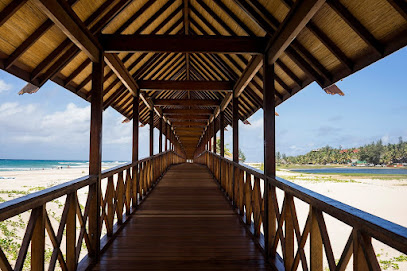
Casa na Praia Restaurant
Discover the flavors of Mozambique at Casa na Praia, a family-friendly restaurant on Tofo Beach with stunning ocean views and a diverse menu.
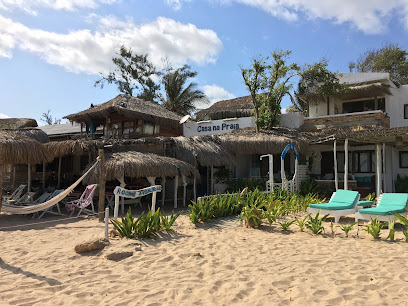
Mozambeat Motel
Experience the vibrant culture and breathtaking beauty at Mozambeat Motel, your perfect getaway in Praia de Tofinho, Mozambique.

Baia Sonambula
Discover the charm of Baia Sonambula, a cozy bed & breakfast in Tofo Beach, Mozambique, blending comfort, culture, and stunning ocean views.
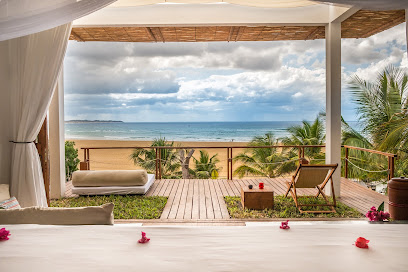
Peri Peri Divers Tofo | Scuba Dive Center
Explore the vibrant underwater world with Peri Peri Divers Tofo, a top scuba dive center in Mozambique, perfect for all diving enthusiasts.
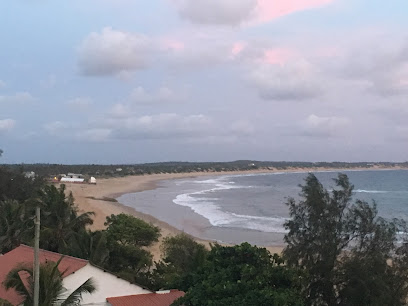
DIVERSITYScuba
Experience the thrill of diving in Tofo Beach at DIVERSITYScuba, where adventure meets the mesmerizing beauty of Mozambique's underwater world.
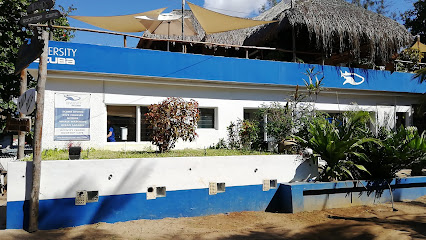
Museu de Inhambane
Explore the rich cultural heritage of Mozambique at Museu de Inhambane, a must-visit museum showcasing local history and traditions.
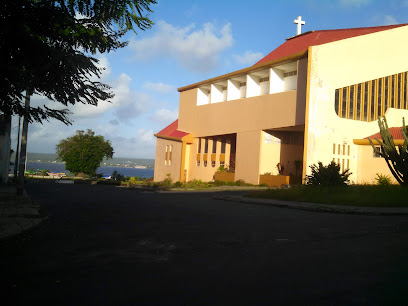
Tofinho Beach
Discover the serene beauty of Tofinho Beach in Mozambique, where pristine sands meet vibrant marine life and breathtaking sunsets await.
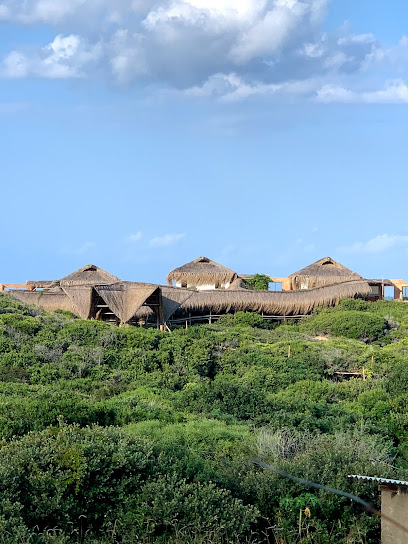
Liberdade 1
Discover the charm of Inhambane with a stay at Liberdade 1—your cozy retreat in Mozambique's coastal paradise.
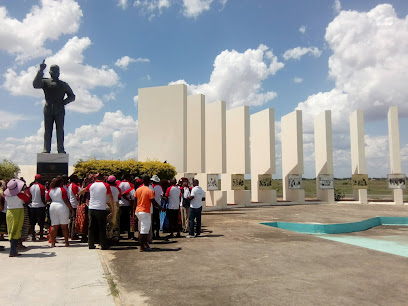
Inhambane Airport
Inhambane Airport: Your gateway to the stunning beaches and vibrant culture of Mozambique's Inhambane province.
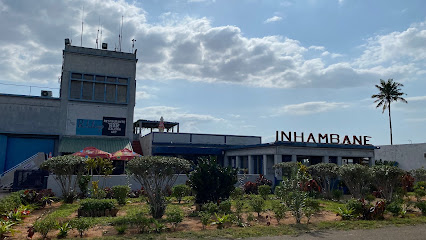
Dino's Restaurant +Bar
Experience the best of Mozambican seafood at Dino's Restaurant + Bar, where fresh catches meet stunning ocean views.
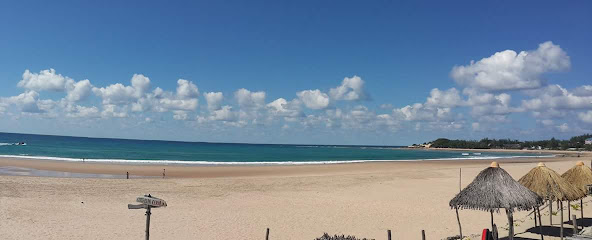
Tofinho
Discover the tranquil beauty of Tofinho Beach, Mozambique – a perfect blend of relaxation, adventure, and vibrant local culture.
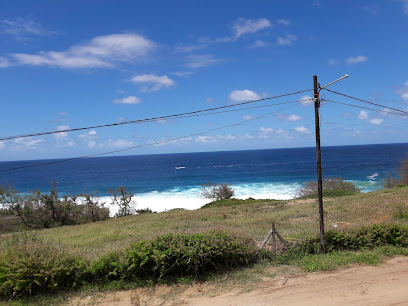
Mozambique Experience
Explore Mozambique's breathtaking landscapes and rich culture with tailored experiences from Mozambique Experience, your premier tour operator.
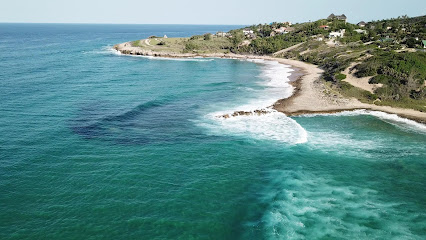
Ferry to Maxixe
Experience the scenic ferry ride to Maxixe, your gateway to the stunning beaches and vibrant culture of Mozambique's coast.
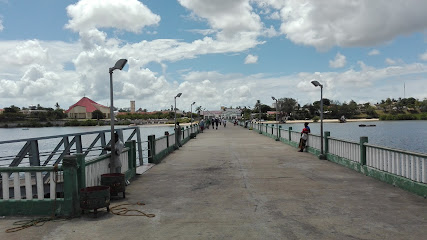
Essential places to dine
KFC, Maxixe
Experience the delicious taste of fast food at KFC Maxixe - your go-to spot for fried chicken and comfort meals in Mozambique.
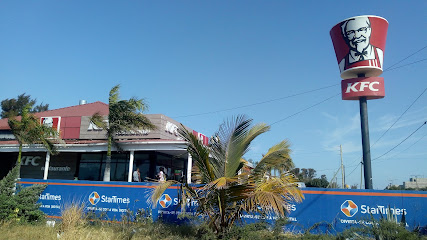
Ponte Cais
Experience exquisite dining at Ponte Cais in Inhambane – where local flavors meet international cuisine in a stunning coastal setting.
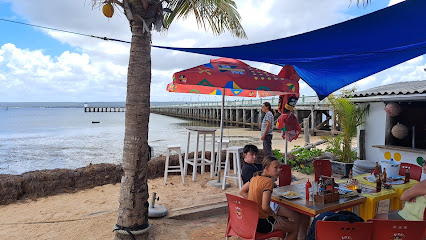
Casa na Praia Restaurant
Discover delightful family-friendly dining at Casa na Praia on Tofo Beach with stunning ocean views and fresh local cuisine.
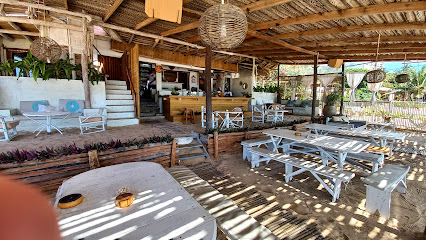
Stop Snack Bar
Experience the vibrant flavors of Mozambique at Stop Snack Bar in Maxixe – where delicious meets affordable!
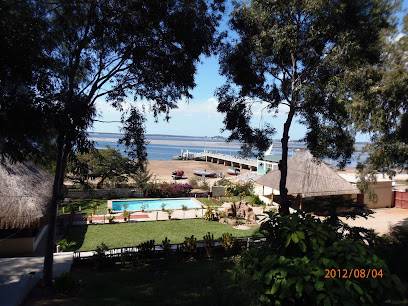
Green Turtle restaurant in Barra
Experience authentic Mozambican cuisine with stunning ocean views at Green Turtle Restaurant in Barra.
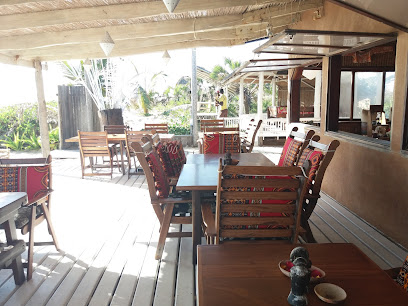
C-Mew | Restaurant, Bar & Guesthouse Tofinho
Discover family-friendly dining and hospitality at C-Mew Restaurant & Guesthouse in Tofinho – where comfort meets stunning ocean views.
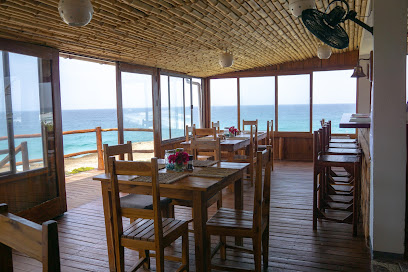
Mg lda
Discover authentic Mozambican cuisine at Mg lda in Inhambane – where every meal is a celebration of flavor and culture.
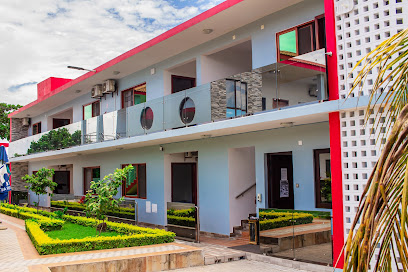
What U Want RESTAURANT
Experience culinary delight at What U Want Restaurant in Tofo Beach – where fresh ingredients meet vibrant flavors amidst stunning coastal views.
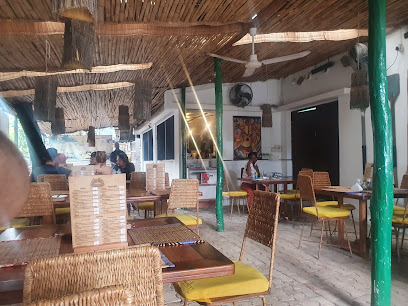
Africa Tropical Inhambane
Experience authentic Mozambican cuisine at Africa Tropical Inhambane - where every meal tells a story of flavor and culture.
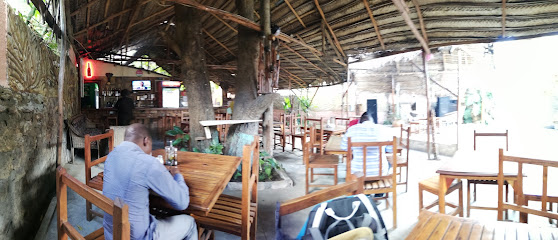
MARACUJÁ
Discover Maracujá: A delightful restaurant in Tofo Beach offering exquisite tapas and refreshing cocktails amidst stunning coastal views.
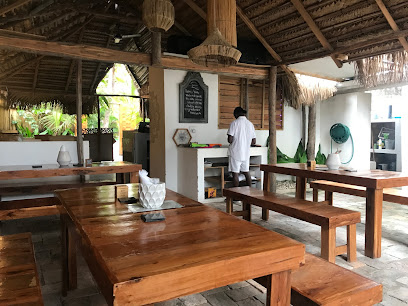
Prato Fino
Discover Prato Fino in Inhambane - where authentic Mozambican flavors meet contemporary dining in a charming atmosphere.
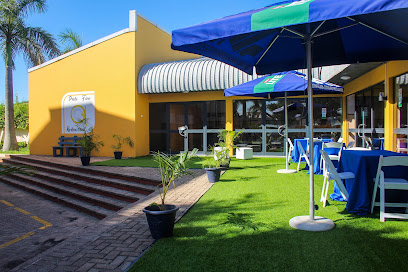
Hoya hoya Restaurante inhambane
Experience authentic Mozambican cuisine at Hoya Hoya Restaurante in Inhambane—where vibrant flavors meet warm hospitality.
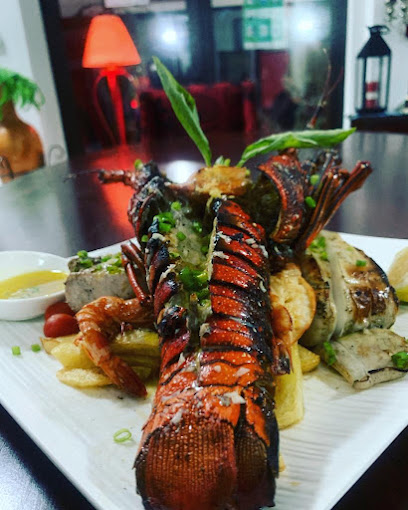
Dino's Restaurant +Bar
Discover delicious seafood and breathtaking views at Dino's Restaurant + Bar in Inhambane - a culinary gem on Mozambique's coast.
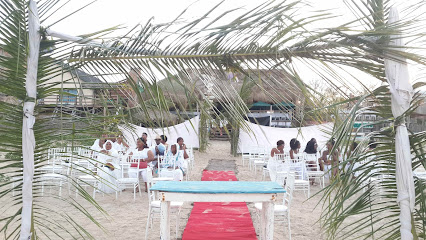
Marine Club
Experience fresh seafood delights at Marine Club in Inhambane, where local flavors meet stunning ocean views.
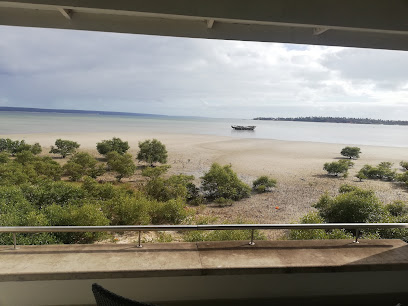
Tic Tic
Discover authentic Mozambican cuisine at Tic Tic in Inhambane—where vibrant flavors meet warm hospitality.
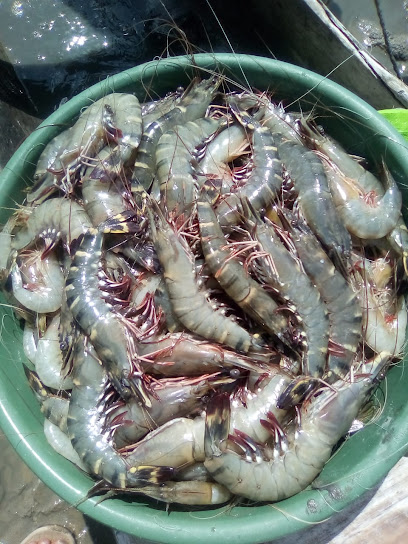
Markets, malls and hidden boutiques
Wangrong
Discover local flavors and vibrant culture at Wangrong, the bustling supermarket of Inhambane, where shopping meets tradition.
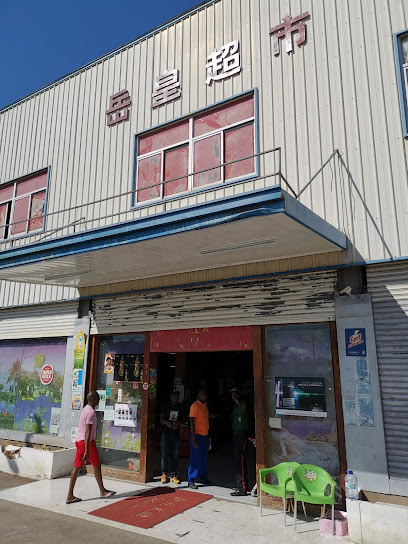
PEP Inhambane
Explore affordable fashion at PEP Inhambane, where every traveler can find unique clothing pieces reflecting the vibrant local culture.
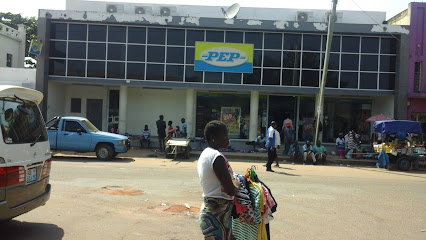
Mercado Gilo
Explore Mercado Gilo in Inhambane, where local craftsmanship meets vibrant culture, offering unique home goods and a taste of Mozambique's rich heritage.
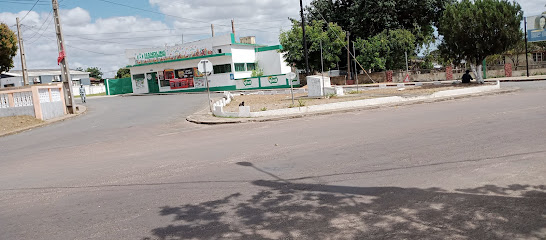
MATSINHE COMERCIAL
Experience the local charm and vibrant culture of Inhambane at Matsinhe Comercial, your go-to destination for authentic Mozambican goods.
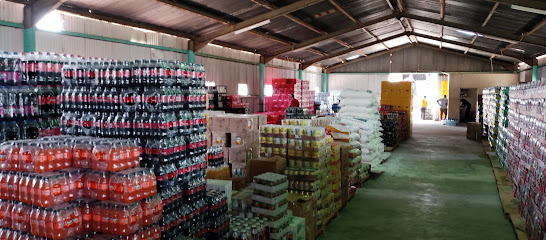
Kangela
Explore Kangela in Inhambane: A building materials store that embodies local craftsmanship and culture, offering unique insights into the community.
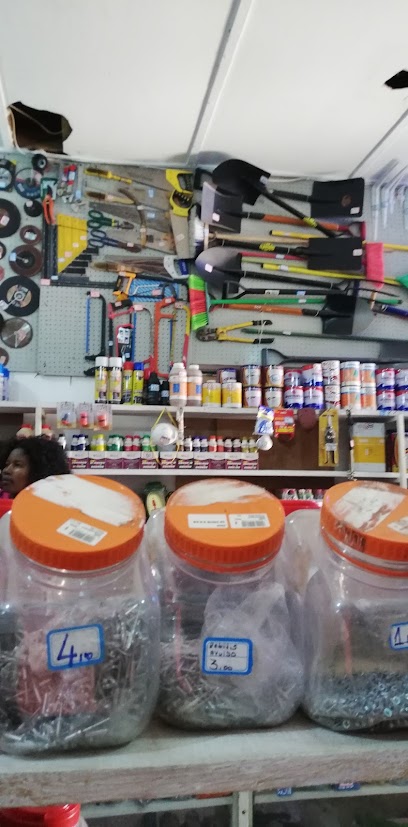
Mini supermercado
Explore local flavors at Mini Supermercado, Inhambane's budget-friendly supermarket offering fresh produce and everyday essentials.

INHAMBANE CONSTRUA BUILD IT
Explore Inhambane Construa Build It for all your construction needs, offering quality materials and expert advice in the heart of Mozambique.
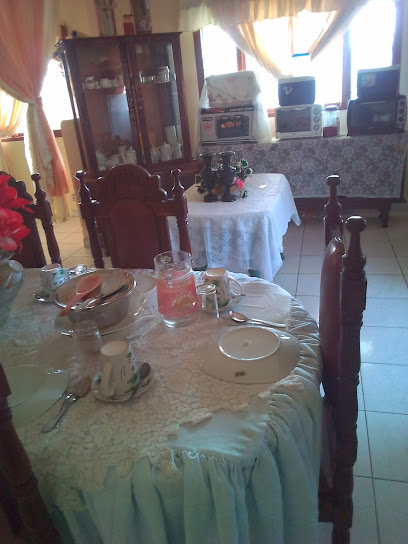
Daisy Comercial
Discover the local flavors and essentials at Daisy Comercial, your go-to grocery store in the heart of Inhambane, Mozambique.
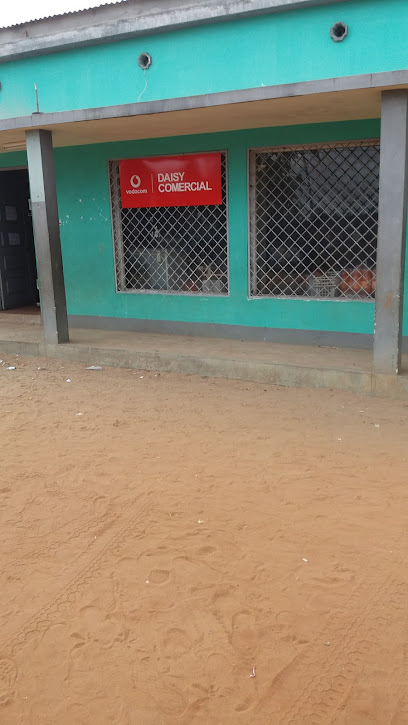
Stuart Young
Discover the essence of Inhambane through the delightful offerings of Stuart Young Bakery, where every bite tells a story of local flavor.

Casa Harendra
Explore vibrant textiles and rich patterns at Casa Harendra, the ultimate fabric store in Inhambane, Mozambique.

Loja de Peixe - Mercado Central- Carapau, Frangos e Pedaços
Discover the freshest seafood and frozen delicacies at Loja de Peixe in Inhambane, a vibrant marketplace for culinary enthusiasts.
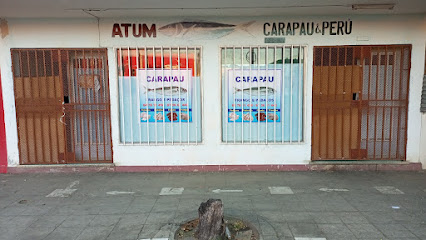
mercado benjamin
Discover the heart of Inhambane at Mercado Benjamin, a bustling shopping mall offering local crafts, delicious food, and a vibrant cultural experience.

Loja de Celulares
Explore Loja de Celulares in Inhambane for the latest mobile technology and accessories, ensuring you stay connected while traveling in Mozambique.
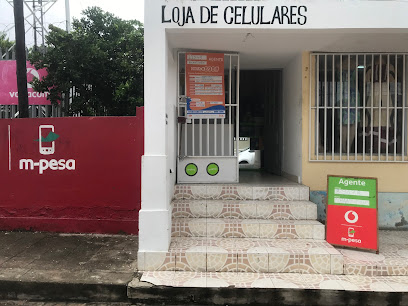
Matsimbe Investimento's Lda
Explore Matsimbe Investimento's Lda for unique local crafts and essentials in the heart of Inhambane, Mozambique.

Loja de Peixe - Banca Azul - Carapau, Frangos e Pedaços
Discover authentic Mozambican flavors at Loja de Peixe - Banca Azul, your go-to frozen food store in Inhambane for fresh seafood and local delicacies.
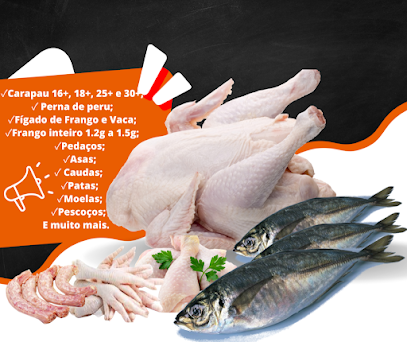
Essential bars & hidden hideouts
Africa Tropical Inhambane
Experience the vibrant flavors of Mozambique at Africa Tropical Inhambane, a culinary gem in the heart of Inhambane City.
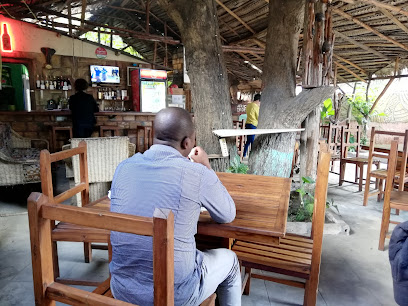
MARACUJÁ
Discover the culinary delights of Maracujá, a top-notch restaurant in Praia da Tofo, serving exquisite tapas and refreshing cocktails.
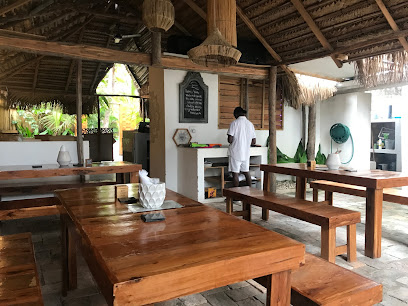
Prato Fino
Discover the flavors of Mozambique at Prato Fino, a charming restaurant in Inhambane serving local and international cuisine in a warm atmosphere.
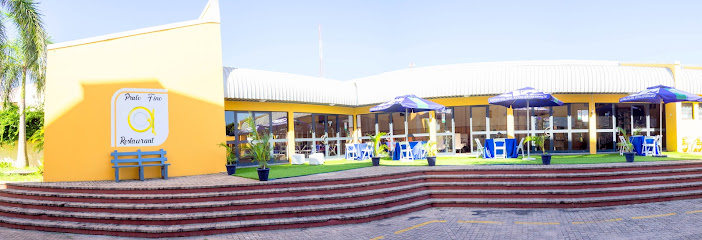
Hoya hoya Restaurante inhambane
Discover the flavors of Mozambique at Hoya Hoya Restaurante in Inhambane, where fresh seafood meets vibrant local culture.
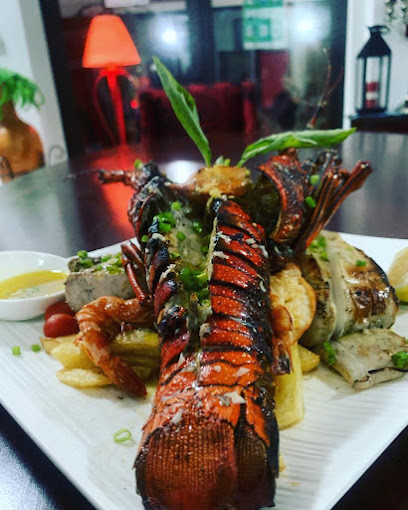
Tic Tic
Experience the vibrant flavors of local and international cuisine at Tic Tic, Inhambane's culinary delight, perfect for every food lover.
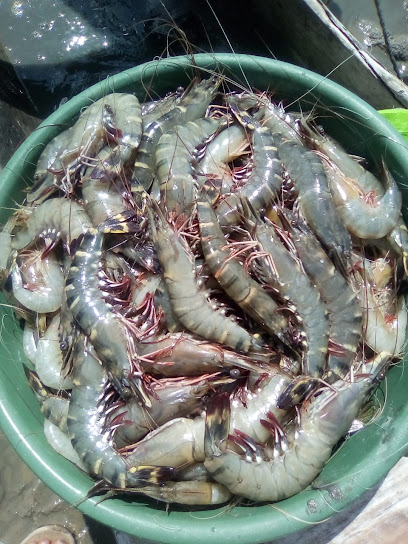
BAR LOS GOSOSOS
Discover the lively spirit of Inhambane at Bar Los Gososos, a vibrant bar offering local drinks and a welcoming atmosphere.
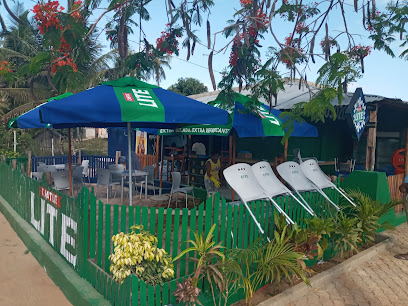
Mathenga Bout Bar
Discover the lively Mathenga Bout Bar in Inhambane - your ultimate spot for refreshing drinks and local culture in Mozambique.
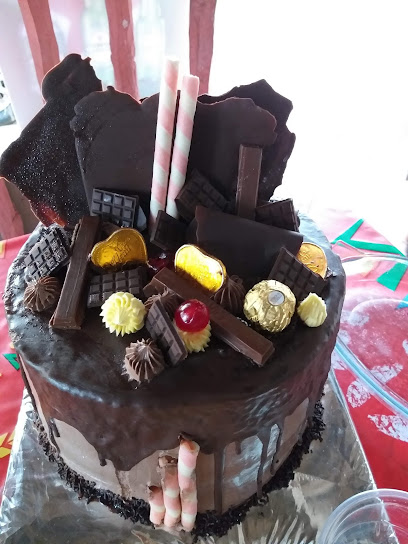
Buyanini Grill & Bar
Savor the authentic tastes of Inhambane at Buyanini Grill & Bar, where local cuisine meets delightful ambiance for an unforgettable dining experience.
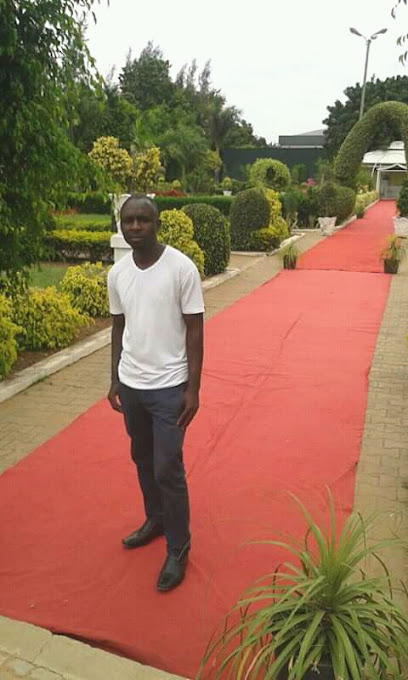
Banca tia flo
Experience the vibrant local culture and refreshing drinks at Banca Tia Flo, the charming bar in the heart of Inhambane's Nhampossa.
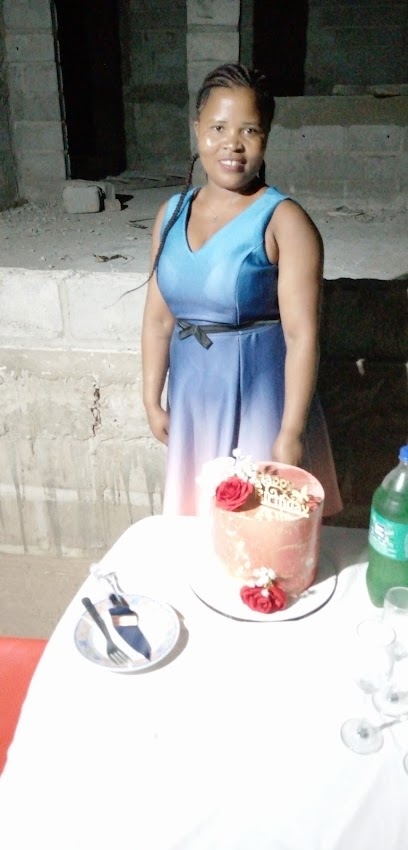
Gare Bar
Experience the vibrant atmosphere of Gare Bar in Inhambane, where refreshing drinks meet local culture and hospitality.
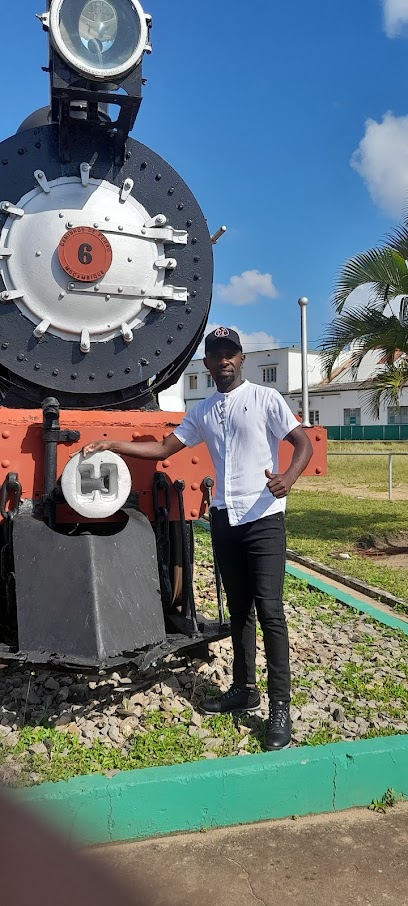
Nicolau Miguel Cabral
Experience vibrant local culture and refreshing drinks at Nicolau Miguel Cabral, the ideal bar in Inhambane for relaxation and socializing.

Zoom Bar
Discover the vibrant nightlife of Inhambane at Zoom Bar, where cocktails, music, and good vibes come together for an unforgettable experience.
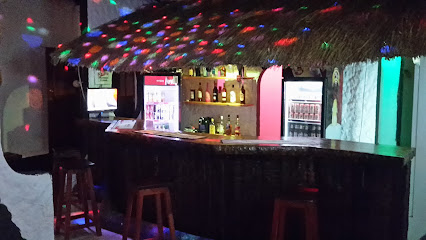
Cafe & Bar 4YOU
Discover the vibrant atmosphere and local flavors at Cafe & Bar 4YOU in Inhambane, the perfect spot for relaxation and socializing.
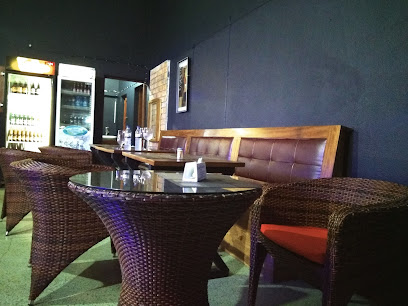
Bar ferroviario
Experience the vibrant flavors of Mozambique at Bar Ferroviario, a charming restaurant in Inhambane with a unique railway-themed ambiance.
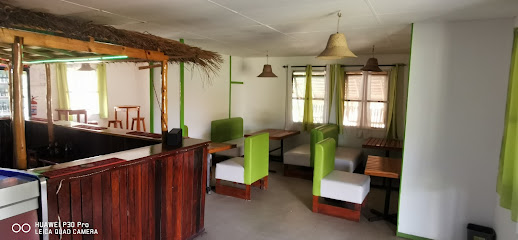
Local Phrases
-
- HelloOlá
[oh-LAH] - GoodbyeTchau
[chow] - YesSim
[seem] - NoNão
[NA-oo] - Please/You're welcomePor favor/De nada
[pohr fah-VOHR/deh NAH-dah] - Thank youObrigado
[oh-bree-GA-doo] - Excuse me/SorryDesculpa
[dehs-KOOL-pah] - How are you?Como está?
[KOH-moh ehs-TAH] - Fine. And you?Bem. E você?
[behn/eh vo-SAY] - Do you speak English?Fala inglês?
[FAH-lah een-GLEZ] - I don't understandNão entendo
[NA-oo ehn-TEN-doo]
- HelloOlá
-
- I'd like to see the menu, pleaseGostaria de ver o menu, por favor
[goh-stah-REE-ah deh vehr oo MEH-noo/por fah-VOHR] - I don't eat meatNão como carne
[NA-oo KOH-moh KAH-neh] - Cheers!Saúde!
[sah-OOD] - I would like to pay, pleaseGostaria de pagar, por favor
[goh-stah-REE-ah deh pah-GAHR/por fah-VOHR]
- I'd like to see the menu, pleaseGostaria de ver o menu, por favor
-
- Help!Ajuda!
[ah-ZHOO-dah] - Go away!Vai embora!
[vah-ee ehm-BOH-rah] - Call the Police!Chame a Polícia!
[SHAH-meh ah poh-LEE-see-ah] - Call a doctor!Chame um médico!
[SHAH-meh oom MEH-dee-koo] - I'm lostEstou perdido
[ehs-TOH pehr-DEE-doo] - I'm illEstou doente
[ehs-TOH doh-EHN-teh]
- Help!Ajuda!
-
- I'd like to buy...Gostaria de comprar...
[goh-stah-REE-ah deh kohm-PRAR] - I'm just lookingEstou só a ver
[ehs-TOH soh ah vehr] - How much is it?Quanto custa?
[KWAN-too KOOS-tah] - That's too expensiveIsso é muito caro
[EE-soo eh MWEE-toh KAH-roo] - Can you lower the price?Pode baixar o preço?
[POH-deh BAHY-shahr oo PREH-soo]
- I'd like to buy...Gostaria de comprar...
-
- What time is it?Que horas são?
[keh OH-rahz sah-ooh] - It's one o'clockÉ uma hora
[eh OOH-mah OH-rah] - Half past (10)Meia hora (10)
[MAY-ah OH-rah (DEES)] - MorningManhã
[MAH-nyah] - AfternoonTarde
[TAHR-deh] - EveningNoite
[NOY-chee] - YesterdayOntem
[ohn-TEHM] - TodayHoje
[OH-zhee] - TomorrowAmanhã
[ah-MAH-nyah] - 1Um
[oom] - 2Dois
[doysh] - 3Três
[traysh] - 4Quatro
[KWAH-troh] - 5Cinco
[SEEN-koh] - 6Seis
[saysh] - 7Sete
[SEH-teh] - 8Oito
[OY-toh] - 9Nove
[NOH-veh] - 10Dez
[dehz]
- What time is it?Que horas são?
-
- Where's a/the...?Onde está o/a...?
[OHN-deh ehs-TAH oo/ah] - What's the address?Qual é o endereço?
[kwahl eh oh ehn-deh-REH-soo] - Can you show me (on the map)?Pode me mostrar (no mapa)?
[POH-deh meh moh-SHTRAH/noo MAH-pah] - When's the next (bus)?Quando é o próximo (autocarro)?
[KWAN-doo eh oo proh-KSEE-moo/ow-toh-KAHR-roo] - A ticket (to ....)Um bilhete (para ....)
[oom bee-LYE-teh/PAH-rah]
- Where's a/the...?Onde está o/a...?
History of Inhambane
-
Inhambane, known for its calm bay, has been inhabited for centuries by the indigenous Tsonga people. These early settlers practiced fishing, agriculture, and trade. The region's rich cultural tapestry includes traditional music, dance, and vibrant crafts, which remain integral to the community's identity.
-
By the 10th century, Arab and Persian traders began frequenting Inhambane, attracted by its strategic position along the Swahili Coast. They introduced Islam, new agricultural techniques, and architectural styles, leaving a lasting impact on the local culture and economy.
-
The Portuguese explorer Vasco da Gama arrived in Inhambane in 1498, marking the beginning of European influence in the region. Inhambane became an important Portuguese trading post, known for its export of ivory, gold, and slaves. Colonial architecture from this era, such as the Cathedral of Our Lady of Conception, still stands today.
-
During the 18th and 19th centuries, Inhambane was a significant hub in the transatlantic slave trade. Thousands of enslaved people were transported from the hinterlands to be sold in markets across the Indian Ocean and the Americas. This dark chapter in history has left a profound legacy on the region.
-
Following the abolition of the slave trade, Inhambane's economy transitioned to agricultural exports. The region became known for its production of cashews and coconuts, which drove economic growth and development. The remnants of old plantations and processing facilities can still be found.
-
Inhambane, like much of Mozambique, was deeply affected by the struggle for independence from Portuguese colonial rule. The Mozambican Liberation Front (FRELIMO) led a prolonged guerilla war, which culminated in independence in 1975. The city played a significant role in the resistance, and many locals contributed to the fight for freedom.
-
Following independence, Mozambique faced a devastating civil war from 1977 to 1992. Inhambane was not spared from the conflict, which caused significant hardship and displacement. Despite these challenges, the city has rebuilt and continues to thrive, preserving its rich history and culture.
-
Today, Inhambane is celebrated for its historical charm and cultural vibrancy. The city attracts tourists with its beautiful beaches, historic architecture, and lively markets. Annual events, such as the Tofo Music Festival, showcase the region's artistic talent and draw visitors from around the world.
Inhambane Essentials
-
Inhambane is accessible via Inhambane Airport (INH), which has direct flights from Maputo and Johannesburg. From the airport, taxis and car rentals are available to take you into the city. Alternatively, you can travel by bus from major cities like Maputo, which is approximately a 9-hour journey. For those driving, the EN1 highway connects Inhambane with other major cities in Mozambique.
-
Inhambane is a small city, making it easy to explore on foot. For longer distances, local minibuses (chapas) are a common mode of transport. Taxis are also available and can be hired for short trips or full-day excursions. Renting a bicycle or a scooter is another popular option for tourists looking to explore at their own pace.
-
The official currency in Mozambique is the Mozambican Metical (MZN). Credit cards are accepted in some hotels, restaurants, and shops, but it's advisable to carry cash, especially when visiting local markets and smaller establishments. ATMs are available in Inhambane, but it's wise to withdraw sufficient cash before heading to more remote areas.
-
Inhambane is generally safe for tourists, but standard precautions should be taken. Avoid walking alone at night in unfamiliar areas and keep an eye on your belongings in crowded places. The Bairro de Chambone area is known for higher crime rates, so exercise extra caution if visiting. Local police are present, but it's always best to stay vigilant.
-
In case of emergency, dial 112 for immediate assistance. The local hospital, Hospital Provincial de Inhambane, offers medical services. Pharmacies are also available for minor health issues. It's recommended to have travel insurance that covers medical emergencies and to know the location of the nearest medical facilities.
-
Fashion: Do dress modestly, especially when visiting religious sites and rural areas. Avoid wearing revealing clothing. Religion: Do respect local customs and traditions, and remove your shoes when entering a mosque. Public Transport: Do be respectful to other passengers, and don't eat or drink on public transport. Greetings: Do greet people with a handshake or a nod; a friendly 'Bom dia' (Good morning) goes a long way. Eating & Drinking: Do try local dishes like peri-peri chicken and matapa. Don't refuse food or drink offerings, as it is considered impolite.
-
To experience Inhambane like a local, visit the Mercado Central, where you can buy fresh produce and traditional Mozambican goods. Engage with locals, who are often friendly and willing to share stories about the city's rich history. Don't miss a trip to the nearby beaches of Tofo and Barra, where you can enjoy diving, snorkeling, and fresh seafood. For a unique experience, take a dhow boat ride on the Inhambane Bay.
Trending Landmark in Inhambane
Nearby Cities to Inhambane
-
Things To Do in Maxixe
-
Things To Do in Vilanculos
-
Things To Do in Maputo
-
Things To Do in Matola
-
Things To Do in Mhlume
-
Things To Do in Big Bend
-
Things To Do in Nelspruit
-
Things To Do in Manzini
-
Things To Do in Mbabane
-
Things To Do in Malkerns
-
Things To Do in Polokwane
-
Things To Do in Mutare
-
Things To Do in Masvingo
-
Things To Do in Nyanga
-
Things To Do in Gweru










